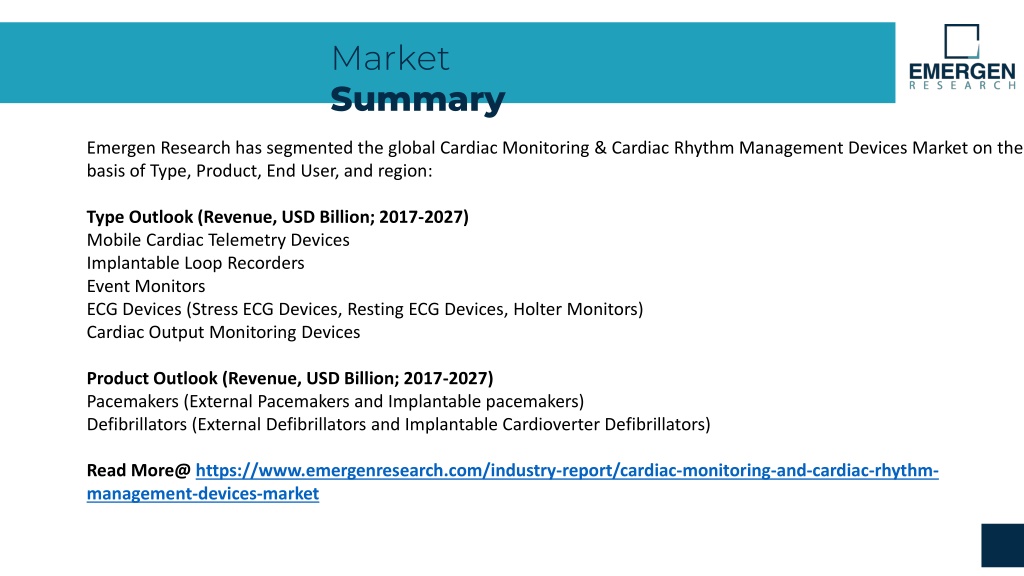
An ECG is a quick and painless test that measures the electrical signals that make the heart beat.
Movement (shifting) of the device or leads, which could lead to cardiac perforation (rare)īefore you get an ICD, your health care provider will order several tests, which may include:. Blood leaking through the heart valve (regurgitation) where the ICD lead is placed. Bleeding around the heart, which can be life-threatening. Possible risks of having an ICD implanted include: Request an Appointment at Mayo Clinic Risks Other rare conditions that may affect the heartbeatĪ health care provider may recommend an S-ICD if there are structural defects in the heart that prevent attaching wires to the heart through the blood vessels. A genetic heart condition that increases the risk of dangerously fast heart rhythms, such as some types of long QT syndrome. A history of coronary artery disease and heart attack that has weakened the heart. Other reasons you may benefit from an ICD are: 
An ICD might also be recommended if you survived a cardiac arrest. Your health care provider may recommend an ICD if you've had signs or symptoms of a certain type of irregular heart rhythm called sustained ventricular tachycardia, including fainting. It helps when the heart stops beating effectively (cardiac arrest). It connects it to a sensor that runs along the breastbone.Īn ICD constantly monitors for irregular heartbeats and instantly tries to correct them.
#Heart monitor implant skin
The S-ICD device is implanted under the skin at the side of the chest below the armpit. Subcutaneous implantable cardioverter-defibrillator (S-ICD)Ī subcutaneous implantable cardioverter-defibrillator (S-ICD) is a less invasive alternative to a traditional ICD.





 0 kommentar(er)
0 kommentar(er)
